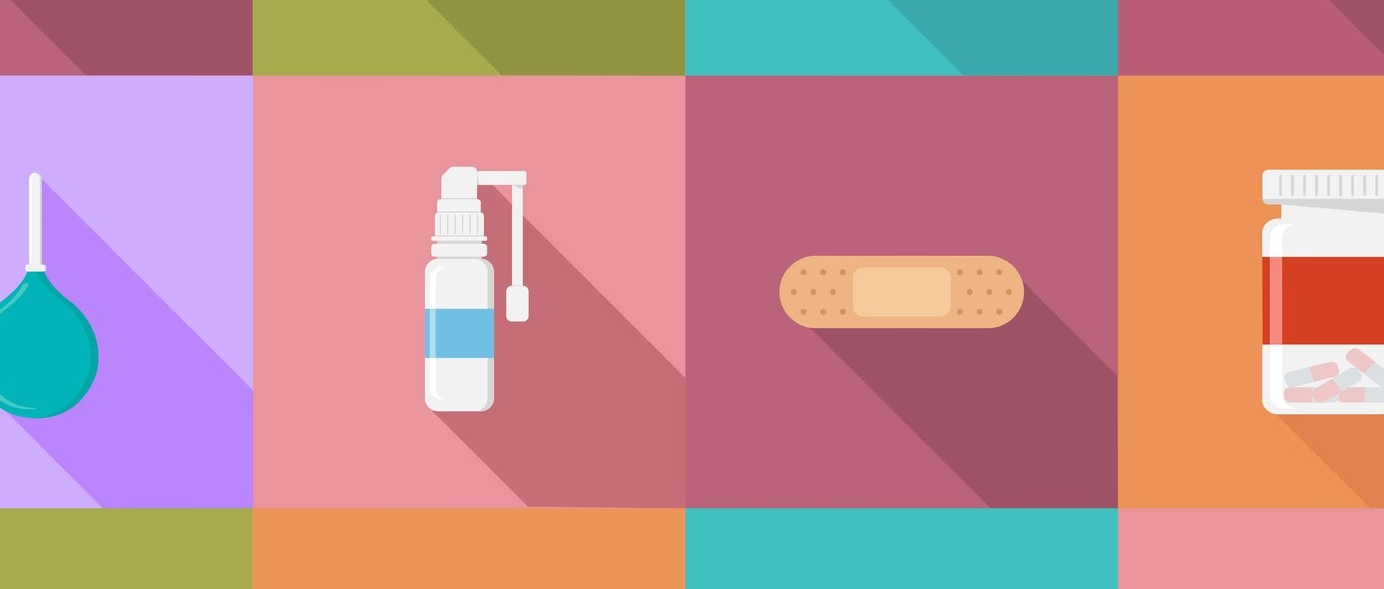
Pharmacy First - getting the most from your pharmacist
Peer reviewed by Dr Krishna Vakharia, MRCGPLast updated by Lawrence HigginsLast updated 1 Feb 2024
Under the new NHS Pharmacy First scheme, you can visit a pharmacist to receive advice and treatment for some simple illnesses, instead of going to see your doctor. Read here about what conditions you can now go directly to your pharmacist about and what you need to do.
In this article:
Continue reading below
What is Pharmacy First?
The new Pharmacy First scheme means you can go and see a pharmacist about several minor illnesses and conditions you would previously have had to see your GP about. You can visit your pharmacist for a consultation and they will treat you and prescribe medication if necessary. If your condition is more serious you will be referred to a GP or hospital.
Patient picks for Medicine information
What conditions can you see your pharmacist about?
Under Pharmacy First, pharmacists can treat and prescribe medication for seven conditions. These are the conditions, and at what age, you can see the pharmacist about:
Earache - 1 to 17 years.
Impetigo - 1 year and over.
Infected insect bites - 1 year and over.
Shingles - 18 years and over.
Sinusitis - 12 years and over.
Sore throat - 5 years and over.
Uncomplicated urinary tract infections - women 16-64 years.
Anyone not within these age ranges should see their GP.
There are many existing conditions which you have already been able to see your pharmacist about. These include:
Aches and pains - such as, back pain, headache and period pain.
Accidents - such as, sprains, minor cuts, and grazes
Colds, flu and other infections - such as, cough, congestion, fevers and/or temperature.
Ear care - such as, ear wax.
Eye care - such as, conjunctivitis, styes.
Hay fever - which is not controlled by standard over-the-counter treatments.
Rashes.
Skin problems - such as, athlete’s foot, cold sores, or mild eczema or psoriasis.
Stomach aches - such as, constipation, diarrhoea, or indigestion.
Continue reading below
How to see your pharmacist
More than 10,000 pharmacies across the UK are part of the scheme - that's more than 9 out of every 10. Generally, you can just walk in to your closest or preferred one and ask for an appointment - or they will see you straightaway if there is availability. If you'd prefer, you can call and ask for a video consultation with the pharmacist.
You may also be referred to a pharmacy appointment from:
NHS 111 - online, telephone and the NHS App.
Integrated urgent care clinical assessment services.
Urgent treatment centres.
A&E.
999.
Your GP.
To find out your nearest pharmacy and check if it is part of the scheme go to NHS pharmacy finder or just walk in.
What will happen at your pharmacist appointment
Your consultation with the pharmacist will always be confidential and in a private place. The pharmacist will ask you questions about your health - they may need to know about your previous medical history, any allergies, any medicines you are taking, and the symptoms you are experiencing. They will ask you before checking any medical records.
For some conditions, the pharmacist may ask to have a look at what is wrong - for instance, if you have an earache, they may use an otoscope to look into your ear. The pharmacist will not use diagnostic tests to check for specific conditions - such as checking a pee sample for a UTI or swabbing your sore throat.
The pharmacist will recommend the best course of action to treat your condition - this could be that your illness is best to run its course, they may prescribe medication such as antibiotics, or if your condition is more severe they may refer you to another health service or professional.
The notes of your consultation will be added to your medical records.
Continue reading below
What else can you see a pharmacist about
As well as the new conditions covered under Pharmacy First and other minor illnesses, there are many other issues and topics your pharmacist will be able to help you with, these include:
Advice on using and disposing of medicines.
Blood pressure checks.
Chlamydia screening and treatment.
Cholesterol and blood sugar testing.
Drug use - including needle and syringe exchange schemes.
Help on how to manage your weight.
Some vaccinations.
If your symptoms last for more than two weeks or do not get better you should see a GP. If your symptoms are severe and you are worried, call 999 or go to your local A&E.
Article History
The information on this page is written and peer reviewed by qualified clinicians.
1 Feb 2024 | Latest version
1 Feb 2024 | Originally published
Authored by:
Lawrence Higgins

Feeling unwell?
Assess your symptoms online for free

